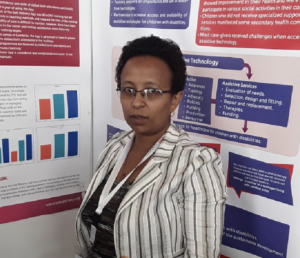 Hiwot Wubshet, an Ethiopian, graduated in General Nursing from the Salam Nurses College Diploma program in 2003 – with distinction. As a nurse, Hiwot worked for 5 years in various hospital departments including, Hematology, Oncology, the Outpatient Department and Emergency, Medical ward, Labor and delivery, and Pediatrics. While working, she simultaneously completed a BA in Sociology and Social Anthropology, in 2008, from the Addis Ababa University. Following her BA, she obtained a master’s degree in Social Work from Addis Ababa University in 2010. She worked part time supervising home-based care workers while pursuing her higher education. At the same time, Hiwot also volunteered as a social worker at the Federal Frist Instant Court. Upon completing her master’s degree, she worked for an NGO as a monitoring and evaluation officer for six months. Following that, she worked for three plus years as the Executive Director of the Ethiopian Midwives Association. Currently, Hiwot works as the Country Director, in Ethiopia, for a Maternity Foundation – a Danish based international NGO, headquartered in Copenhagen, Denmark.
Hiwot Wubshet, an Ethiopian, graduated in General Nursing from the Salam Nurses College Diploma program in 2003 – with distinction. As a nurse, Hiwot worked for 5 years in various hospital departments including, Hematology, Oncology, the Outpatient Department and Emergency, Medical ward, Labor and delivery, and Pediatrics. While working, she simultaneously completed a BA in Sociology and Social Anthropology, in 2008, from the Addis Ababa University. Following her BA, she obtained a master’s degree in Social Work from Addis Ababa University in 2010. She worked part time supervising home-based care workers while pursuing her higher education. At the same time, Hiwot also volunteered as a social worker at the Federal Frist Instant Court. Upon completing her master’s degree, she worked for an NGO as a monitoring and evaluation officer for six months. Following that, she worked for three plus years as the Executive Director of the Ethiopian Midwives Association. Currently, Hiwot works as the Country Director, in Ethiopia, for a Maternity Foundation – a Danish based international NGO, headquartered in Copenhagen, Denmark.
What led you to pursue a career in health and what tools/resources have been vital to your career advancement?
I think my father influenced me towards health. He studied veterinary medicine and he used to teach me biology all the time. I had an intention to become a doctor when I grew up. However, after I graduated as a nurse and worked in the hospitals, I realized that there are a lot of things that need to be done at the community level, to create awareness and empower the community on their health needs. Then, I shifted my thought and pursued my education in Sociology and Social Work. This gave me a good opportunity to create a link between health care and the community on the ground.
What are you most proud of?
I am proud of being a health professional and working very close to the community which helps me to see and feel the changes in practice. I am also proud of my team, they serve as motivation and drive for me to do more and achieve my best.
I am also proud that two of the female program managers, that I had worked with during my time as the director of the Ethiopian Midwives Association, are now serving as directors in other organizations and associations. It is fulfilling to knowing that I served as a good coach, whom they speak and bare witness about, for them to reach to where they are now.
What do you wish you had done differently?
I wish I had coached and supported many more young managers while I was working as a director with the Ethiopian Midwives Association. I believe I did somehow, but it would have been great if I had coached more girls to achieve their future career and aspirations.
What are some of the biggest challenges you have faced? How did you overcome them? What are some of the lessons learnt?
I remember, while I was working with the Ethiopian Midwives Association, among other projects, there was a project with UNICEF, the project was for 2 years and 6 months and it had phased out. We had been in preparation for another big project which would be for 3 years. However, we had six months of transition in which we were expected to keep only 22 master trainers and support staff for that specific project, out of our 55 staff. It was really a challenge to keep only the most experienced team, as they were all master trainers on health. If we let them go, it would be difficult to rehire them after six months, most probably, because they would join other organizations. I managed to keep the entire team for 6 months by outsourcing our team members to various developmental partners who had training packages in their program until we could secure the other grant.
From this experience, I learned that, there is always a way that you can tackle challenges if you think outside the box and are optimistic. In addition, teamwork, transparency and good communication with your team will lead to big achievements as an individual and for the organization as well. Networking and maintaining good relationships with partners is also key for better collaboration and achievement.
What are your views on mentorship and how, if applicable, has it played a role in your career advancement?
For me, I would be happy to share my experiences and talk about how I reached where I am today, if it can help more young leaders and managers. In addition, I would love to be mentored and gain experience from those senior ones who have been in leadership and management positions as well.
What are some of the opportunities you see for women in health on the African continent?
I think there are ample opportunities for young women in the health arena in Africa. There is a high probability of being able to create links among African leaders and champions in order to share best practices and lessons. What is more important is to improve the quality of education across the continent through peer coaching and learning.
What advice do you have for other women in health?
It is important to be connected and share experiences, which is usually possible and easy for those women who have the access. There remain so many women in health who are working in the rural community who are not connected to the recent updates on health and opportunities to grow and learn. So, I advise African women who are in the health field, and other disciplines as well, to try to learn every day and explore means and opportunities for better achievement, and a better tomorrow – for themselves, their families and for the communities where they are living – to support the future African who is on their growth path.
For those women who are in the health field, in positions of leadership, and who have the access, please try to explore means for your fellow women and colleagues who are working in rural areas. Help them, too, to gain access to information, and education, to improve their career path and the rural community’s health needs.

Leave a Reply